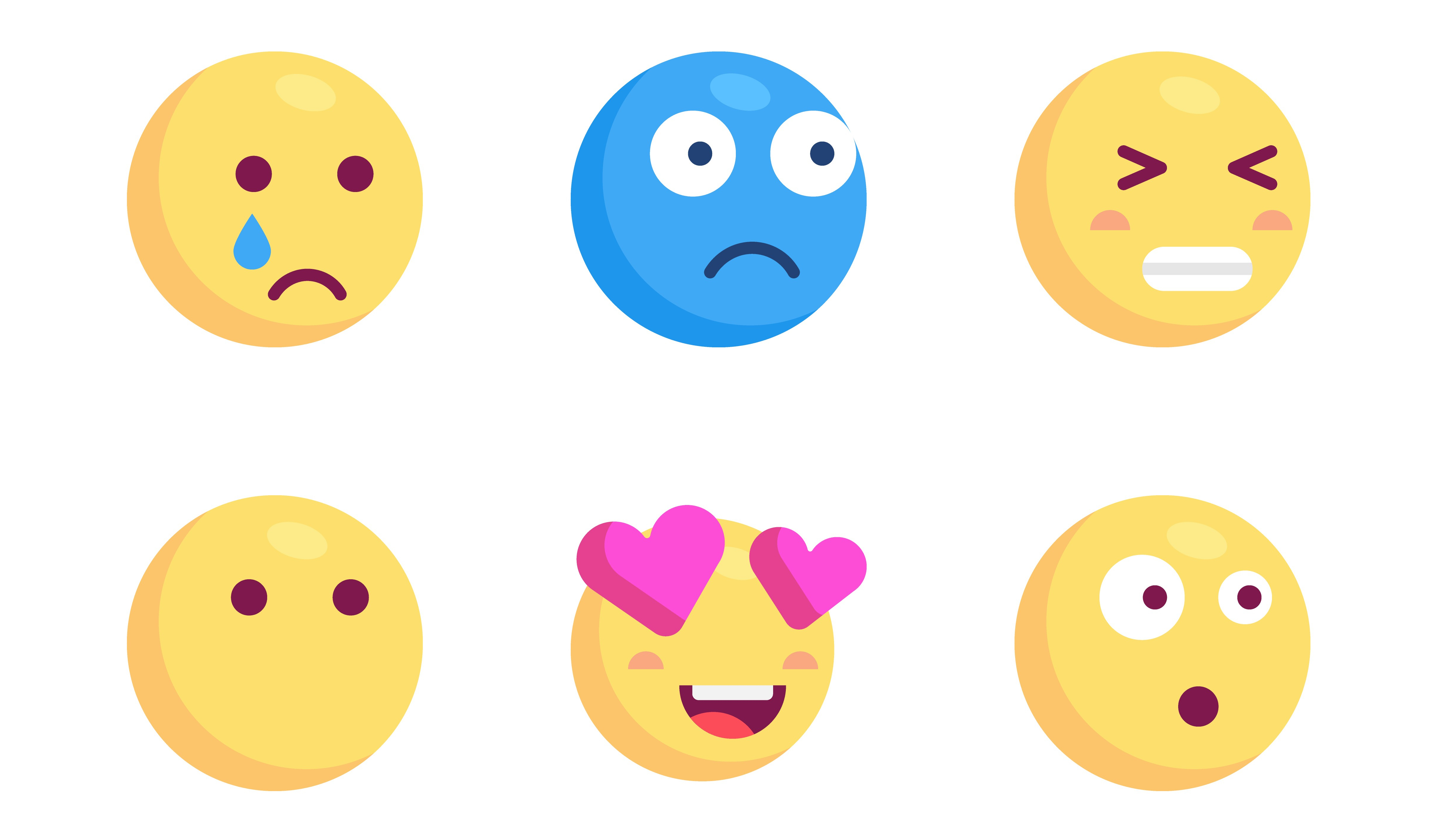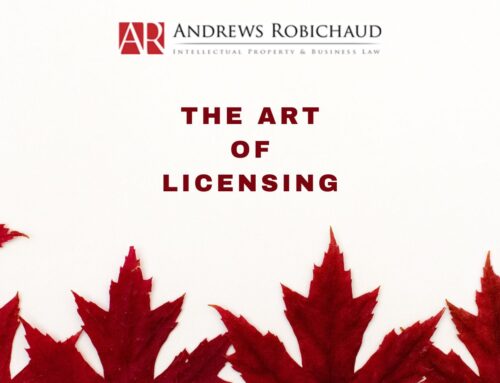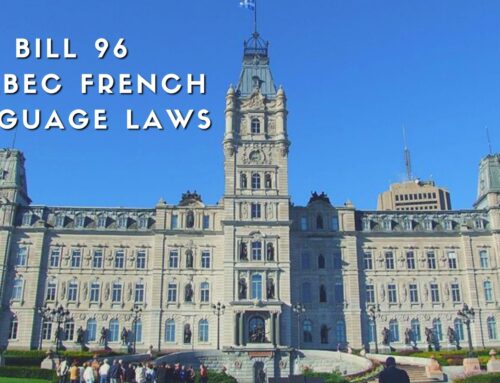First invented in the late 1990s, emoji have found their way into all our smartphones over the past few years. They have transformed the way we communicate online by allowing us to convey emotions, tones, gestures and expressions that would otherwise be absent with the use of a traditional alphabet in our writing. Not only are emoji cute and hilarious, but they can be an efficient (or even powerful) way of conveying a message or feeling.
In the context of intellectual property, the issue of emoji copyright comes up. You can’t claim copyright on the word “smile”, but can someone have copyright over the “smiley” emoji?
The answer is yes.
Copyright applies automatically when an original work is created. Under copyright law, emoji are considered an original work and indeed benefit from protection, kind of like different types of font (which are also protected by copyright). Like a font, emoji are a type of image that communicate a message. Both fonts and emoji are essentially software amounting to a digital image, and thus can be considered “original work” that is protected by copyright.
All fonts, including emoji, that appear on your Android, Apple or other smartphones are either created, bought or licensed (depending on who owns the copyright or who created the original work). As a result, a variety of fonts appear on different devices. Smartphone users will also encounter varying styles of emoji, depending on which smartphone they use. The various styles of emoji display different artistic abilities, enabling the icons to be protected by copyright.
What’s important to remember is that emoji are included on smartphones for communication purposes. There will be no copyright infringement for texting your friend an emoji. The situation gets a little :/ where emoji are reproduced for commercial purposes, like by a brand or in a product. Just as someone might be sued for unpermitted use of copyrighted font, the owner of emoji designs has the right to enforce copyright on their creation and prevent unauthorized reproductions.
The good news is that copyright can be licensed: copyright owners can grant a license to use or reproduce emoji for a variety of purposes, just like any other original work. For example, there are several Internet resources, such as stock imagery websites, that own emoji icons and grant licenses to use them (some are also available for free). However, it’s essential to read any fine print, as such agreements may place restrictions on how the icons may be used.
All in all, emoji can add a lot of fun to conversations and enhance the way we convey our emotions. That said, emoji are not meant to be used for commercial purposes as intellectual property rights do apply to and protect them, just like any other original work.







Very interesting article! I did not realize they were copyright protected, Hope you write some more useful material!
I own a few registered emojis that were copyrighted in 2006 under a Mobile Title. I also copyrighted ASCII character art back in 1997. I copyright everything I develop to the current year today. Thousands of pieces of art and content.